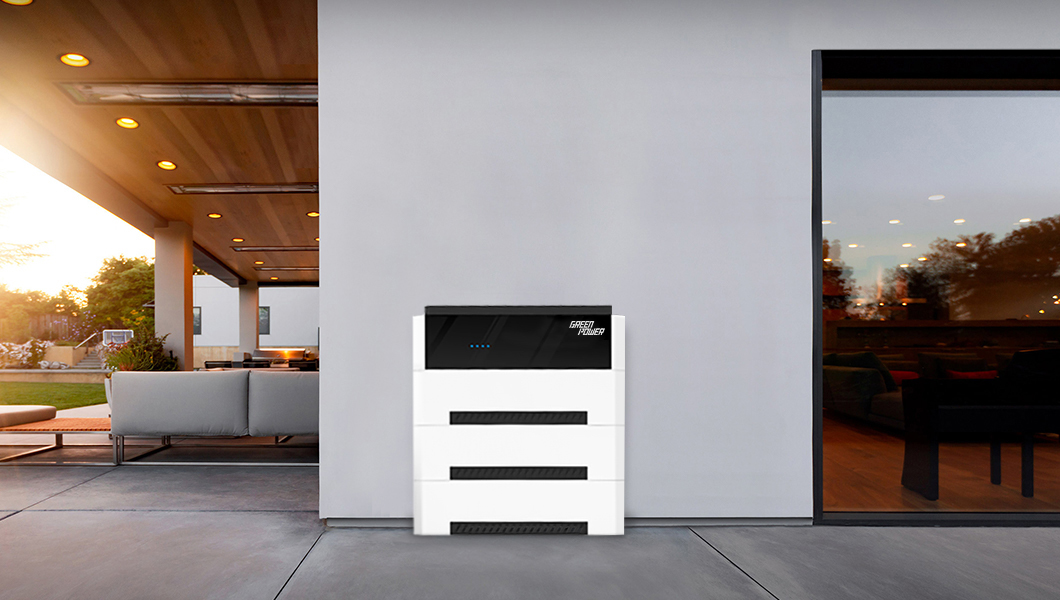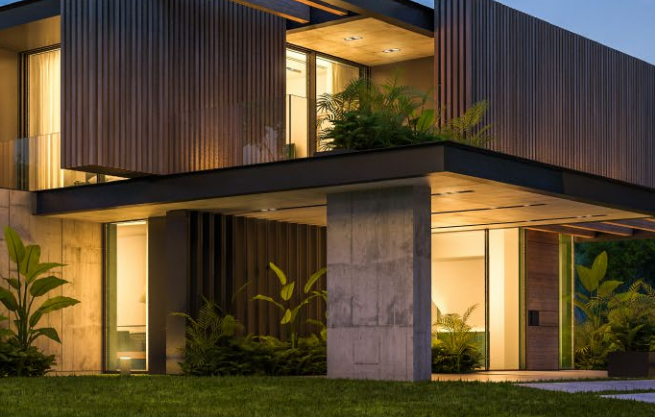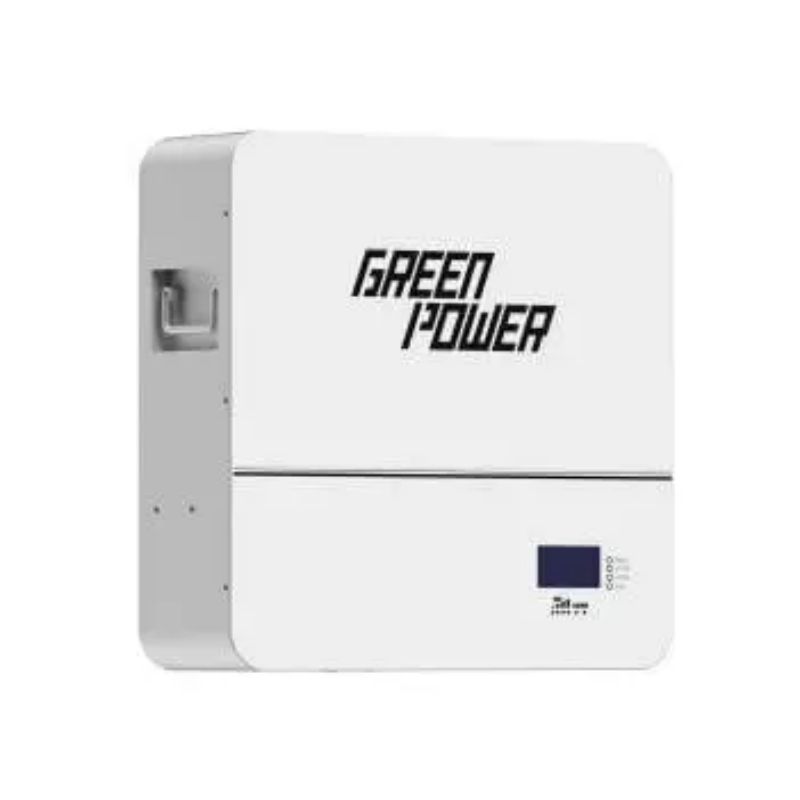In today's era of energy transformation, household energy storage systems are increasingly becoming an energy solution for homes and small commercial facilities. They not only enhance the security of power supply but also provide emergency power support during unstable or interrupted grid power. This article will explore how to select the appropriate battery capacity for user needs, taking the Green Power brand's energy storage lithium battery as an example to interpret its key technical parameters.
The Importance of Home Energy Storage Systems
Household energy storage systems, also known as home energy storage stations, can operate independently of the power grid or in conjunction with it, enhancing the flexibility and reliability of energy use.During off-peak electricity consumption periods, these systems can store energy in battery packs for use during peak electricity demand or emergencies.
Key Technical Parameters of Energy Storage Batteries
Energy storage batteries are the most valuable part of the entire system, and their technical parameters directly relate to the system's performance and cost-effectiveness. Here are some key parameters:
1. **Battery Capacity and Available Capacity**
Battery capacity typically refers to the rated capacity. For instance, the Green Power brand battery has a nominal capacity of 5120W/51.2V/100A, which is 5.12kWh. However, the actual available capacity is reduced due to the depth of discharge. For example, with a discharge depth of 0.9C, the actual available capacity is about 4.6kWh.
2. **Maximum Charging and Discharging Power**
The charging and discharging power of the battery is an important indicator of its performance. The maximum charging power of the Green Power battery is 2.56kW, which requires the photovoltaic module's power to match it for efficient charging. Similarly, the maximum discharging power must be aligned with the load's electricity demand.
3. **Battery Rated Voltage**
The rated voltage of the battery is its voltage under no-load conditions. The Green Power battery's rated voltage is 51.2V, but the actual voltage changes with the discharge current and ambient temperature.
4. **Optimal Battery Charge Level for Lithium Batteries**
To extend battery life, it is recommended to maintain the lithium battery's charge level between 40% and 60%. The Green Power batteries are typically shipped with a charge level of 50%, which is an optimal storage capacity verified by experiments.
 Key Points in Battery Capacity Design
Key Points in Battery Capacity Design
1. **Load Demand Analysis**
When selecting battery capacity, the first consideration should be the load's power and electricity consumption. The capacity and power characteristics of the Green Power battery should match the user's electricity needs.
2. **Theoretical vs. Actual Capacity**
The theoretical capacity of a battery is the maximum amount of electricity it can release under ideal conditions, while the actual capacity must consider the depth of discharge and protective capacity to ensure the battery's long-term stable operation.
3. **Efficiency Loss Consideration**
When designing an energy storage system, it is essential to consider the efficiency loss during the battery charging and discharging process to avoid insufficient power supply.
Through the above analysis, we can see that choosing the appropriate battery capacity requires a comprehensive consideration of the battery's technical parameters, the user's electricity needs, and the overall system design. The Green Power brand's energy storage lithium battery offers a reliable choice for household energy storage systems with its excellent performance and safety certifications. With precise design and reasonable use, users can maximize the performance of energy storage batteries, achieving efficient energy utilization and cost savings.
If you're interested in learning more about our solar energy storage offerings, we encourage you to explore our product line. We offer a range of panels and battery that are designed for various applications and budgets, so you're sure to find the right solution for your needs.
Website:www.fgreenpv.com
Email:Info@fgreenpv.com
WhatsApp:+86 17311228539
Post time: Apr-27-2024













